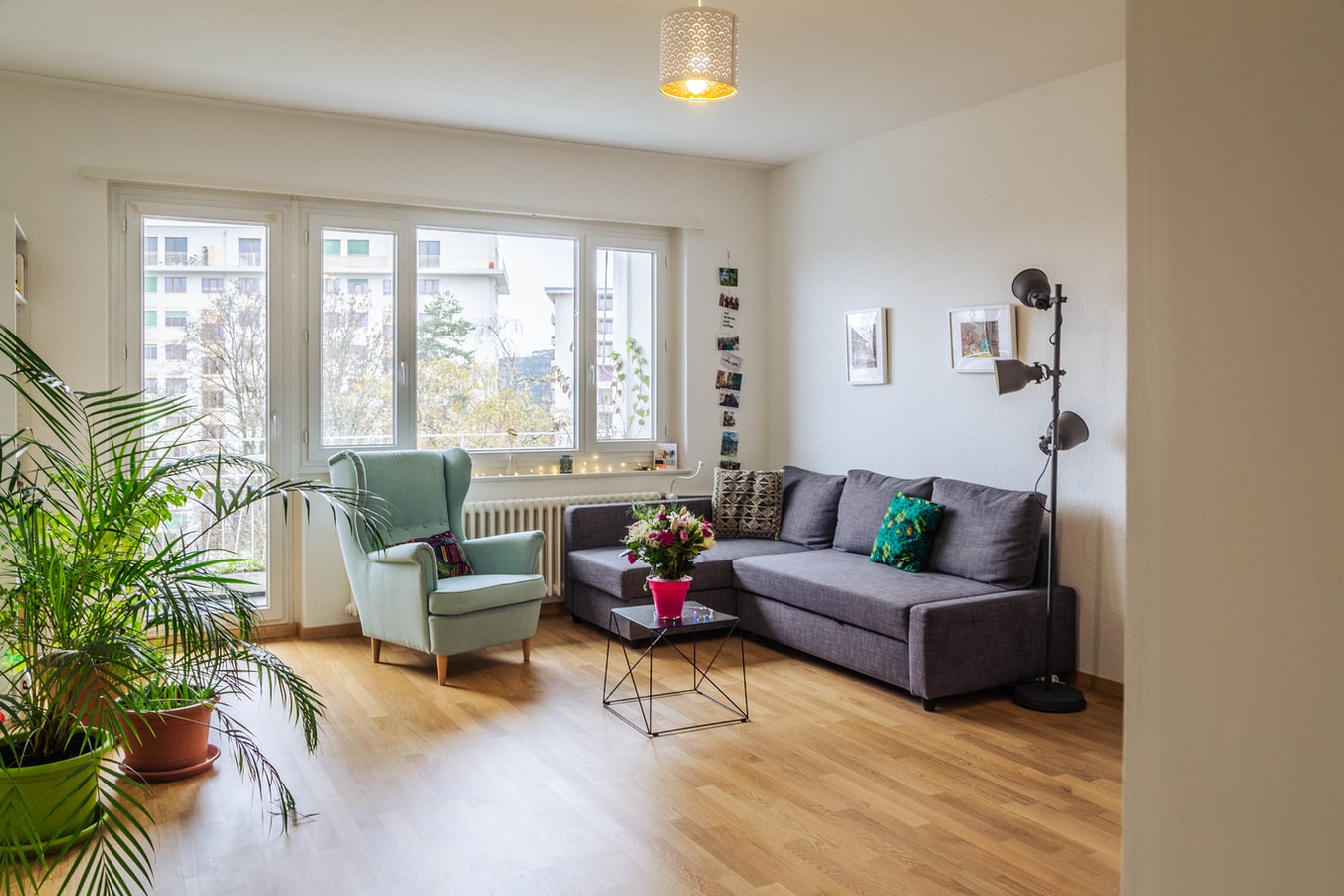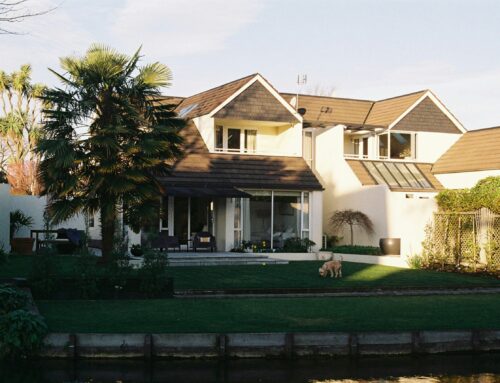
Pros and Cons of Renting a Property
Looking for a new place to live in can be quite complicated as there are a million things to consider. From choosing the location to the property type, and even down to the number of rooms that you need.
For most buyers, the first step is deciding on the budget. You can’t make any sensible decision unless you know your current financial status and the budget that you are working with. Next to finalizing the working budget, the next big decision to make is whether to buy or rent a home.
The best way to go about this process is to learn about the pros and cons of each. For this article, we focus on the advantages and disadvantages of renting.
Pros
Lower Monthly Payments
Probably the biggest advantage of renting is having lower monthly expenses.
The general idea is that renting will more or less be cheaper than owning a house. This means that if you are someone who is relying on your fixed monthly income to pay for your home, renting would make a lot more sense.
It’s a short-term commitment
Another advantage of renting is that it is only a short-term commitment. Typically, a lease would last for only 12 to 24 months. Sometimes, it can even be for only a month.
This is ideal for buyers who are still unsure about making a huge investment into a home. This will also work if the thought of settling down is still something that you are unsure of. Unlike buying a property, when you’re renting, you can simply wait for your lease to end and leave the property. Furthermore, if you travel often for work, renting a property would be best for you.
You don’t need to pay a downpayment
When you’re buying a home, you have to pay a downpayment. The downpayment is usually a huge amount of money and not everyone is able to gather the funds all the time. But if you are going to choose to rent a place, the landlord will probably just ask you to pay for a security deposit that is more or less equivalent to a month’s rent.
You don’t need to pay property taxes
Since you are only renting and don’t own the property, you don’t need to pay property taxes. Property taxes can be quite expensive depending on your location.
You can save on maintenance and repair expenses
Another advantage to renting is that you are not responsible for any of the maintenance or repair expenses. You can just simply inform your landlord and he or she will take the necessary actions to fix it. This means that when you have issues with your plumbing or your roof is leaking, the landlord will be responsible for fixing them as well.
However, renters are still expected to maintain their rentals to the best of their abilities. Should you be responsible for an appliance or furniture breaking, then that is something that may be outside the responsibility of your landlord. Ultimately, this is still playing to the advantage of people who rely on a fixed monthly income as they would not have to worry as much about incurring any unexpected expenses.
Cons
Limited freedom
One of the disadvantages of renting is the limit on one’s freedom with the place. This means that you are forced to follow all the rules and regulations set by the owner.
For example, if the general process of the owner is to ask for a security deposit that is equivalent to more than a month’s rent, then you have no choice but to pay that amount. Another example of this is that there are a number of places that don’t allow pets within their property.
Furthermore, it can also be minor things such as not being allowed to repaint walls, nail in hooks on the wall, or remodeling the rooms. This all boils down to the fact that the tenant has no right to homeownership.
Issues with the landlord or neighbors
Not all landlords are great, that is just how it is. Sometimes, you might run into landlords who are irresponsible and not proactive when it comes to fulfilling their duties. Whether it’s settling issues amongst the tenants or responding to complaints and repair requests, it is possible that you’ll encounter this if you’re planning to rent.
Another possibility is that you’ll have to cohabit with neighbors that you don’t like. In some cases, what usually happens is that they would sign a lease at the beginning of the year, and then mid-way through the year, they get a new neighbor. This means that although their initial neighbors were something that they agreed to, they have no choice but to deal with the new set of neighbors that they have until their lease ends.
Your landlord has control
When renting, a landlord has control over a number of things, one of them being your monthly rent price. This simply means that your landlord can adjust your monthly rent however and whenever they see fit as long as it is within reason.
On top of that, your landlord has the right to evict you at any time. A great example of this is when a landlord decides to sell the property to someone else. Should a buyer approach your landlord and offer a good deal for the property, your landlord can accept that and you will be left homeless.
There is no permanence to renting
Probably one of the biggest disadvantages to renting is that there is no permanence with a rental. You can renew your contract with a landlord time and time again but you will still not own the property.
Final Thoughts
Renting a home comes with a lot of different advantages and disadvantages. Deciding on whether you would want to either buy or rent your next home all rely on what your properties are and what your goals are. Remember to consider all of these factors when making a decision and not just focus on the advantages.






Leave A Comment